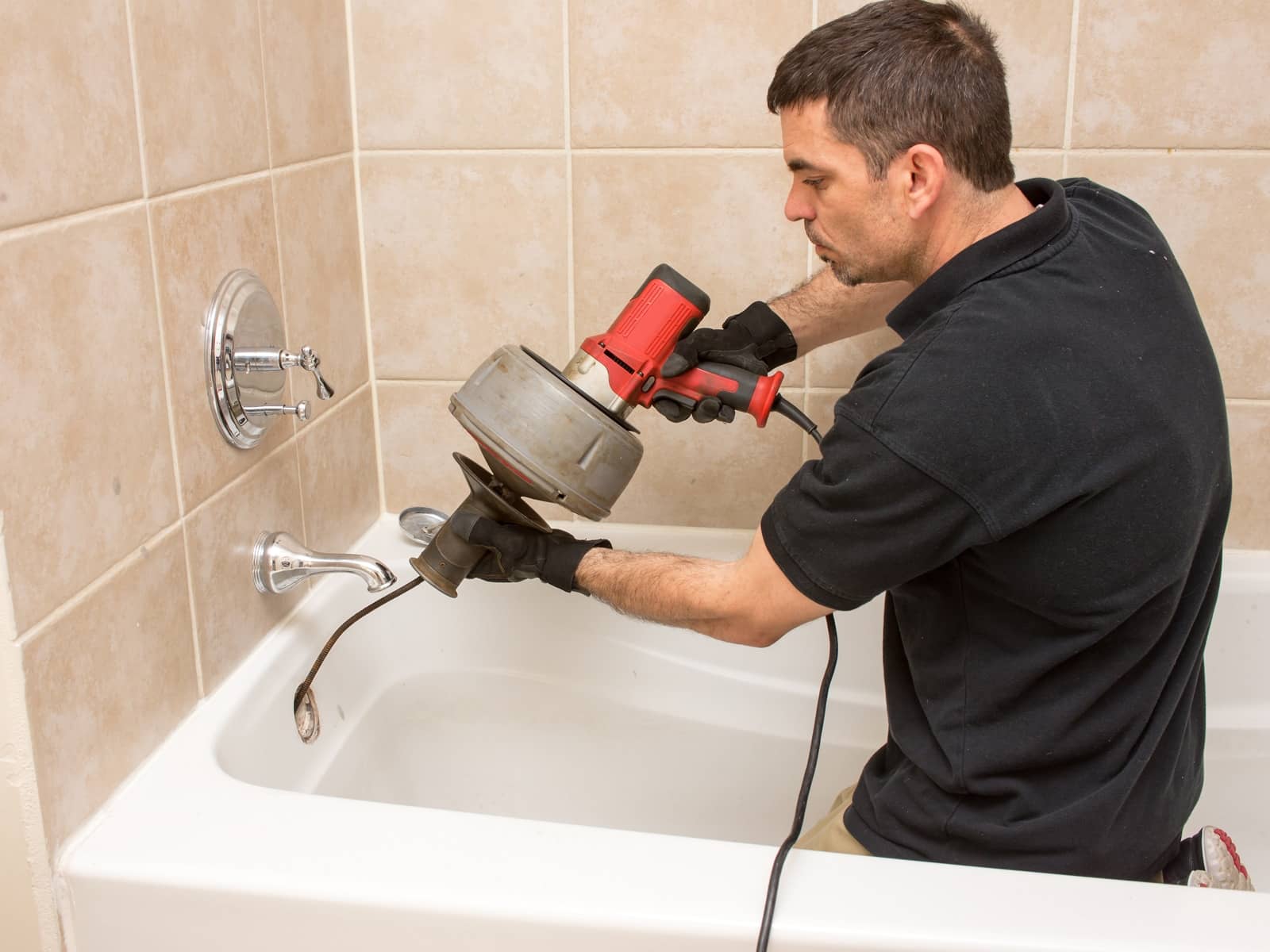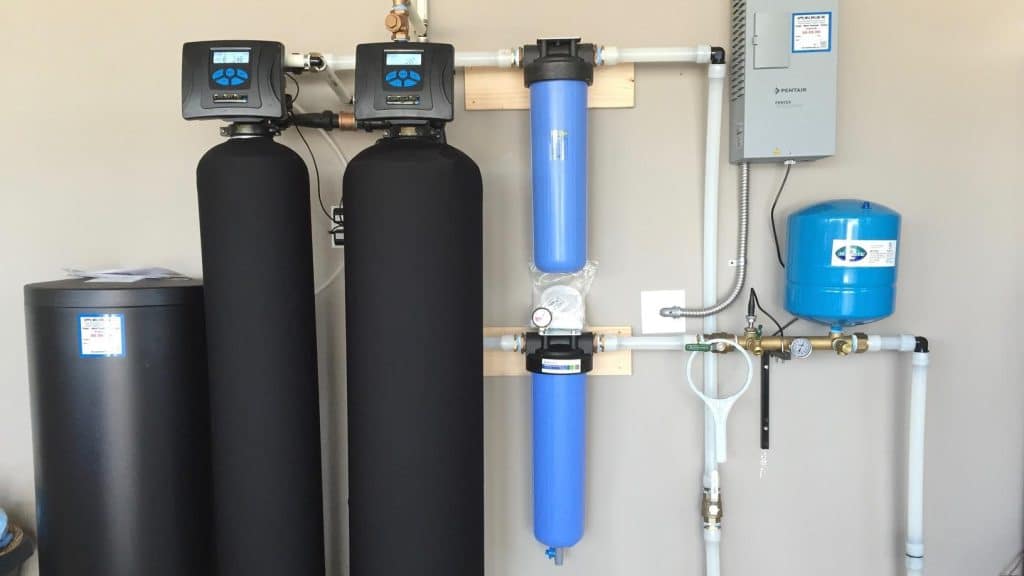The term hard water is not all that descriptive to most homeowners. But when you understand that hard water is nothing more than water with high mineral content, it makes a little more sense. And it helps you understand the value of installing a water softener in your home. But before you decide that a water softener is a solution to your home’s water problems, it is essential to know a bit more about hard water. And the processes that a water softener can use to reduce the high mineral content of your water.
Understanding Water Hardness
When rain falls from the sky, it is in its most pure, or soft, form. But when it hits the ground, it flows through the soil or into a body of water and makes its way to an aquifer. On that journey, it absorbs minerals like magnesium and calcium that add to its hardness. And the harder the water, the more issues it can create for you and your home’s plumbing.
Common Hard Water Issues
When it comes to your home’s plumbing, hard water can leave stains and mineral deposits that damage your water lines, fixtures, sinks, tubs, and toilets. The minerals are also responsible for the white or chalky spots on your dishes. And a high iron content in your water can leave a rusty-looking stain in sinks, tubs, and toilets.
The downside to hard water for humans is that it is very damaging to skin and hair. It leaves your skin feeling itchy and dry. And your hair will feel brittle and easily damaged. And because hard water makes soaps, detergents, and shampoos less effective, it results in a residue remaining on your skin and hair. This adds to your itchy skin and builds up to make your hair feel lifeless.
Your laundry is another place that hard water takes its toll. Because the detergent does not dissolve thoroughly, it does not clean as effectively as it should. Also, it is not thoroughly rinsed from fabrics. So you will notice that your laundry looks dingy and feels crusty from the lingering soap residue.
The Magic Of Water Softeners
A water softener is basically a tank that does a particle exchange on the water as it passes through. The tank is partially filled with plastic beads that have a negative electric charge. These beads attract the positively charged mineral particles like calcium and magnesium from the water. Picture a magnet that pulls the hard mineral particles out of your water for you.
Then, the water softener runs a regeneration or cleaning cycle to remove all the captured mineral particles from the beads from time to time. Once the beads are washed, the cleaning solution is flushed down the drain, and your water softener is ready to continue doing its job. In most cases, the cycle runs about once a week on an automated program, so you never need to worry about remembering to activate a cleaning mode on your water softener.
A Few More Details
The most common type of water softener uses salt to replace the mineral particles being removed from your water. For anyone concerned about added sodium due to a medical concern, there are salt-free systems. These units use a potassium-chloride salt substitute for the exchange process. But work equally well for household purposes.
To learn more about water softeners and get a free quote for your home, call (505) 308-2776. The licensed plumbers at All-Out Plumbing & Mechanical will answer all your questions about water softeners and help you select the best option for your hard water issues.






 Special Offer
Special Offer

